BlacKkKlansman tackles old-fashioned racism
BlacKkKlansman shows us how much we haven’t changed.
BlacKkKlansman tells the absurd true story of Ron Stallworth, the first African American officer in the Colorado Springs Police Department (CSPD). The movie follows him as he infiltrates the Ku Klux Klan (KKK) and the events that proceed. Director and writer Spike Lee successfully brings the aesthetic of the 70’s to life through his visuals throughout the film, but where the movie really shines is in its acting performances. John David Washington and Adam Driver both deliver compelling performances that convince you of how dangerous an operation like this is. While Washington is the lead, Driver steals the show with his portrayal of Philip “Flip” Zimmerman. We can see the conflict that Flip has as a Jewish man going undercover in the KKK and the stress that comes from that type of experience. A talented supporting cast helps with bringing the film together, even though the plot seems to move fast at times. However, a simple conversation can put you back into the film’s story.
With a film like this, the topic of racism is obviously a big part of the story. The screenplay writers present it in various ways so it stays on our mind through the film. We see racism being explored in various ways through the film. For example, with Ron Stallworth (John David Washington) being the first African American police officer in the CSPD, the civil rights rally lead by Kwame Ture (Corey Hawkins), and it’s especially used within the KKK scenes with their usage of slurs to grab your attention. It does this in such a heavy-handed way that it keeps you invested. one would say that pushing racism in such a forceful manner is a flaw, but in actuality, it’s the sole purpose of the film.
BlacKkKlansman is supposed to serve as a mirror for us, showing us how much things haven’t changed in the past three decades. Multiple scenes in this film present us with a comparison of a previous era and our own. One specific scene shows us this when Stallworth has a conversation with the chief about the investigation and Stallworth brings up how the people in power could never believe in such ignorant ideas. This scene holds up a mirror to the present and forces us to see how we haven’t changed. The same arguments we’re having today about police brutality and racism in politics now are the same as the ones that were holding black people back decades ago.
Overall, this film presents the audience with a unique new story that allows us to dive deep into the thoughts and views of a KKK member, while also giving us a new perspective on a black man’s role in racism.

Your donation will support the student journalists of East Mecklenburg High School. Your contribution will allow us to purchase equipment and cover our annual website hosting costs.




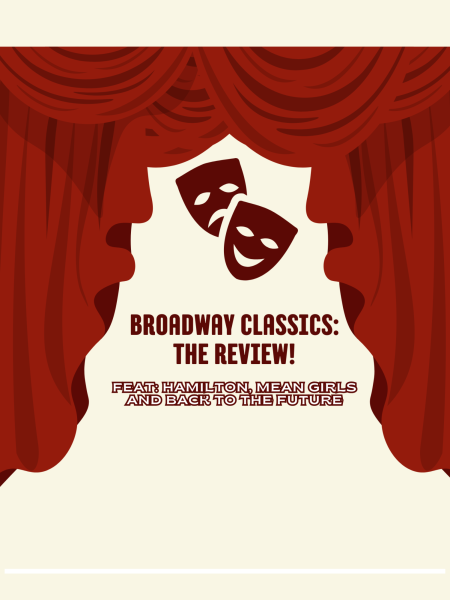
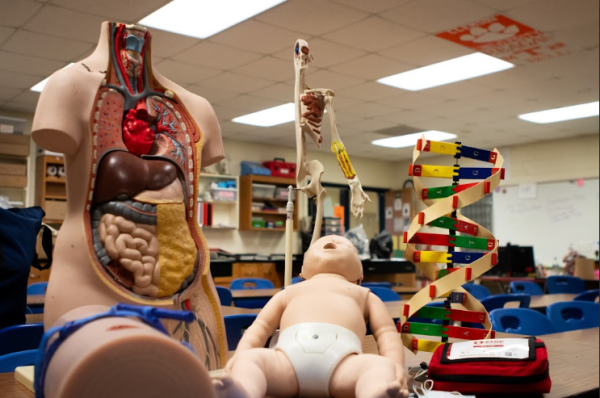
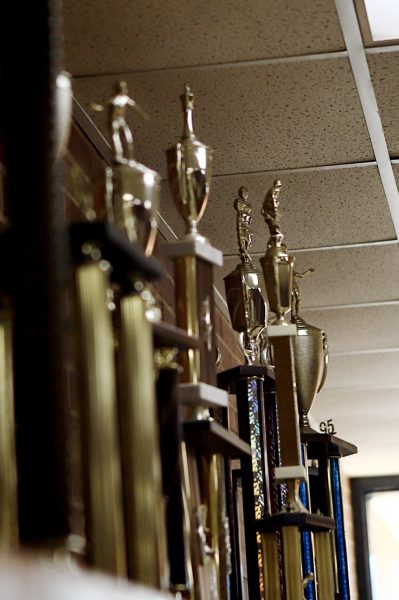
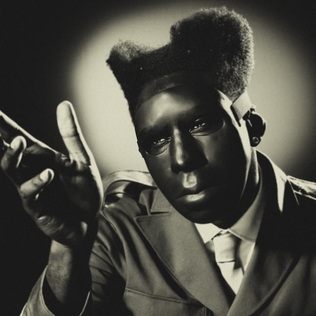
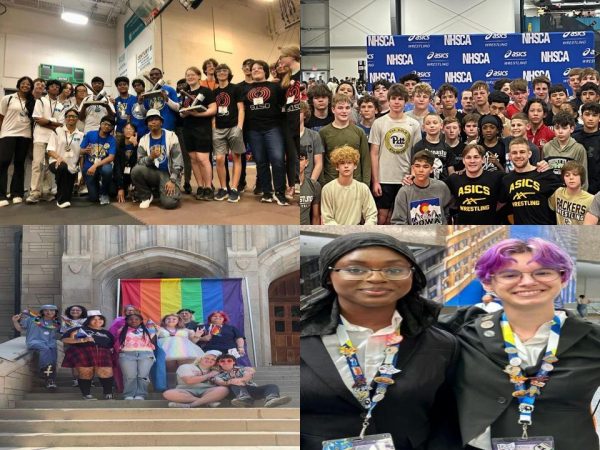
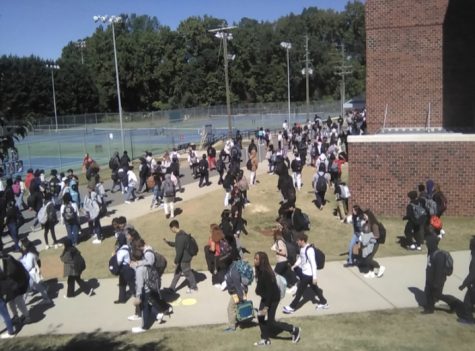


Sonya • Sep 26, 2018 at 8:09 pm
Great job on this article!